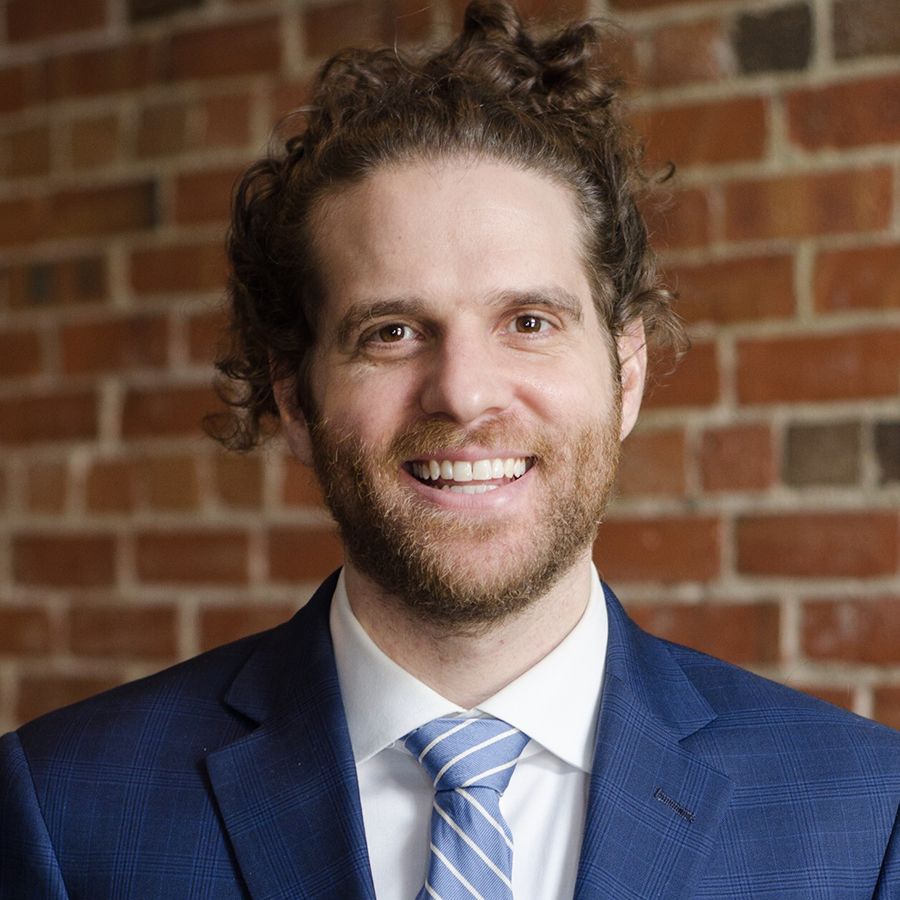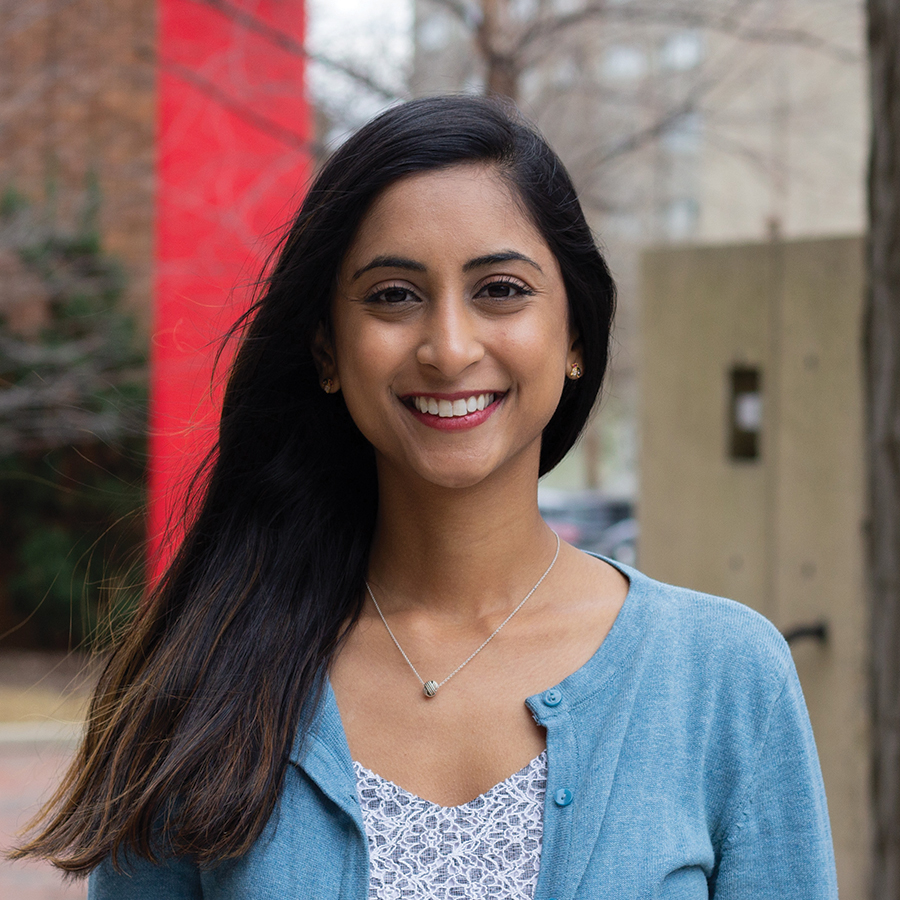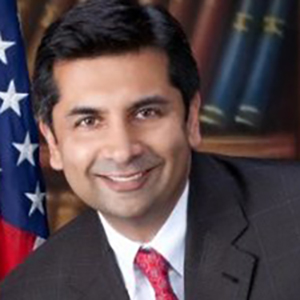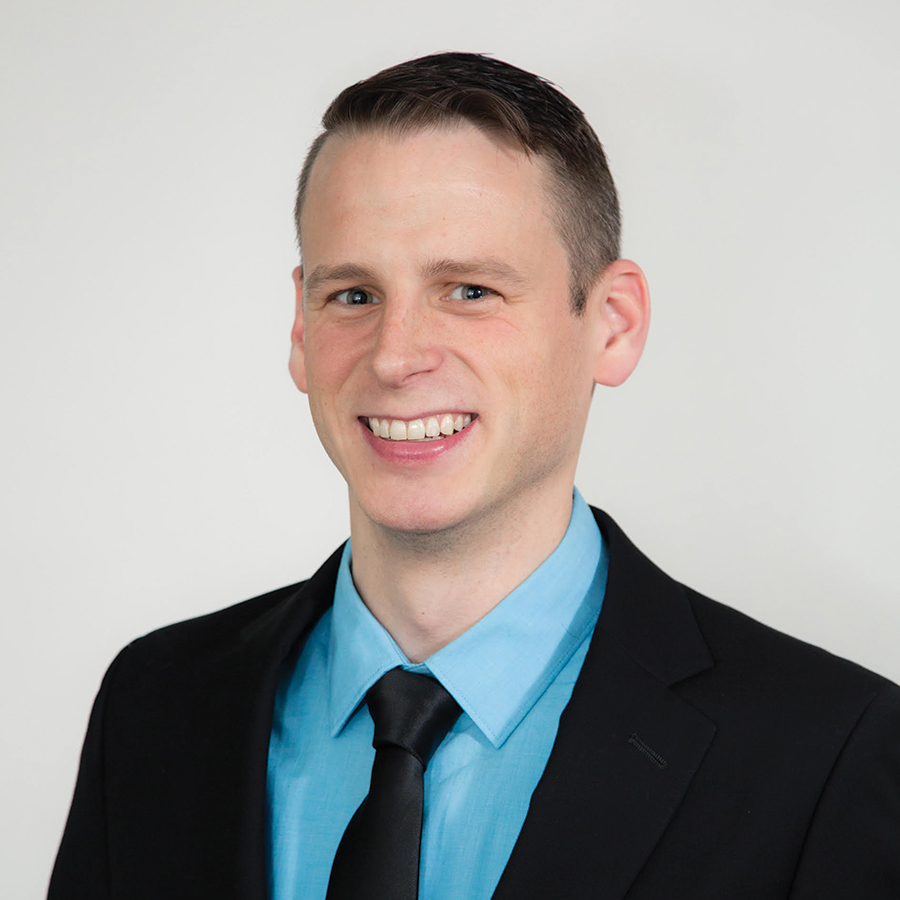Please describe your organization and its mission.
I work for an organization called NorthEast Treatment Centers. We are a non-profit provider based out of Philadelphia and Delaware offering a wide range of behavioral health, mental health, addiction, foster care, community-based, residential, and in-home social services to adults, adolescents, children, and families. The agency's mission is to provide the highest quality continuum of care to the area's most vulnerable populations, and to do so in innovative, efficient, and cost-effective ways. We stress community wellness and family support across all of our services, and work always to foster resiliency in our clients to help them succeed in their lives long after we're involved. We have about 800 employees, and service approximately 10,000 clients per year.
What is your current role for your organization?
My role in the organization is as Director of Court Services. I manage our Juvenile Justice Unit, which is comprised of various community-based supervision programs for youth formally involved in the juvenile justice system (JJS). As a firm believer that "kids are kids," and much of what has been criminalized in our inner-cities would, in other locales, fall under the label of "normal teenage behavior" (and much of what does not could otherwise be labeled as "normal teenage reactions to trauma"), I have always been a staunch proponent of community supervision options for system-involved youth, believing that out-of-home placement should only be utilized as a last option, and creative alternatives to detention should be employed to engage and retain youth in their home environments whenever possible to avoid the negative (and traditionally expensive) effects of disrupting their normal development.
I run programs to supervise youth in their homes while they progress through the juvenile justice system, working to ensure public safety while providing mentorship and life skills training to help our clients avoid future recidivism. Currently, I manage an In-Home Detention Program, a "Post-Adjudicatory" Evening Reporting Center, and a Youth Leadership Council, and my unit has also partnered with our agency's Addiction Services Division to help launch an integrated model of adolescent drug and alcohol treatment for our youth in need of additional supports. We've also been working with Temple University Hospital in recent months to design and implement a case management program to provide access to therapeutic, medical, and job readiness programs for survivors of gun violence.
Over the past few years, I've also been lucky enough to represent our agency on a few additional panels and working groups, including Philadelphia's Disproportionate Minority Contact Working Group and Youth Violence Prevention Collaborative's Health Subcommittee. I've also had the good fortune to work to with various system stakeholders to help support the city's Sports for Juvenile Justice Initiative.
Essentially, I have the best role possible at my agency. I just kind of run around and try to get my hands dirty in as many out-of-the-box ways as possible to help kids work their way out of the juvenile justice system in a productive, responsible manner.
How has Fels helped you in your career so far?
Fels has been helpful to my career in providing some practical hands-on management and administrative skills to bolster my working "tool-kit." As an executive, we're all working professionals in addition to students, and many of the concepts we're learning in class revolve around issues we've already encountered in our daily working lives and can now attack more efficiently, or with a greater understanding of their underlying factors.
It's been my experience in the social services sector that so many of us on the management level have risen professionally through demonstrating proficiency in the delivery of direct-care services, and yet effective management often requires a different skill-set and knowledge base. In my case at least, I became a manager at a pretty young age and learned most of my lessons through a mix of professional development opportunities and on-the-job training, and so it's been helpful to now apply some of the formal "book training" into the equation as well. It also never hurts to be exposed to really intelligent peers who have been successful in a variety of other professions, and the numerous discussions and beers with colleagues to kick ideas around after class has also been quite informative.
What was your favorite Fels course and why?
As we're currently in budget prep season at my job, I'd say that my favorite class to date has been Financial Management of Non-Profits. This class has given me numerous hands-on exercises and tools to better my understanding and general non-profit financial literacy, which was an area I was really looking forward to further developing when I applied for an MPA. This class has already helped me to design various models to make sure we're always working to make the soundest financial decisions possible as a unit.
What advice do you have for incoming executive students?
Really try to find ways to utilize some of the concepts you are learning in each class each week and apply them immediately to whatever you're doing in your professional life. I might not be a grand Giuliani fan, but during my Art of Politics class, I tried (for a whole few weeks, at least) to implement his "morning meetings" at work. I had many-a-spirited debates with my economics professor about the societal value of maximum efficiency but left the class able to present the merits of community-based juvenile justice services in strictly economic terms, not simply by tugging on the old proverbial heart-strings. Obviously, as with any education, the farther away you progress from a class, the fuzzier some of the more intricate details become, but what I've tried throughout this MPA program so far has been to create some ongoing systems for myself when I'm at the height of my book understanding that will potentially last me for years.
Obviously, as the cost of education skyrockets there are continued debates on whether a degree can now be considered on some level a consumer good, but even if one were to answer that question with the most cynical of affirmatives, through my investment in this MPA program I've gained not only valuable knowledge but also practical work products that will stay with me throughout the rest of my career.




